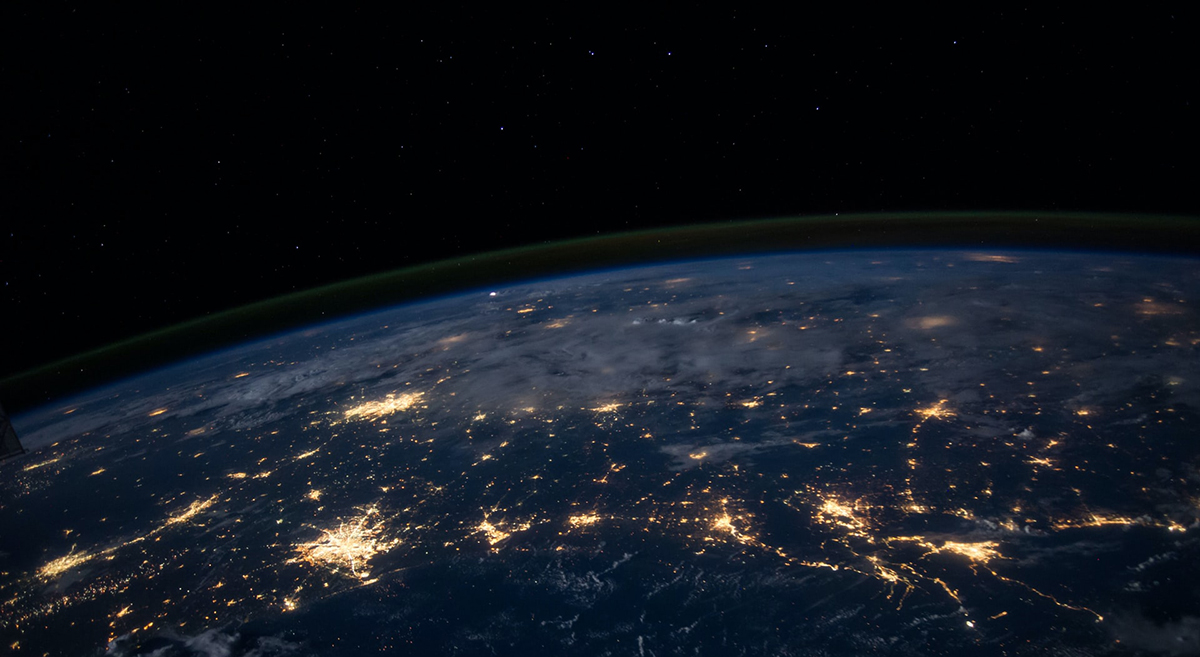The International Journalism Festival weekly round-up. Stay up to date by subscribing to our newsletter, by following our Telegram channel, or by joining us on Facebook and Twitter.
The tier list: how Facebook decides which countries need protection. For years now, activists and lawmakers around the world have criticized the company for the inequality in its approach to content moderation. But the Facebook Papers offer a detailed look into where Facebook provides a higher standard of care — and where it doesn’t.
A global, best-of list of recent investigative podcasts. Investigative podcasts are on a roll. Offering a platform perfect for unravelling a complex investigative story, they are also easily accessible, highly shareable, and successfully reach younger audiences coveted by advertisers and traditional media outlets.
It’s well past time to free Julian Assange. For as long as this continues, a clear and damaging signal is being sent to those who wish to silence critical reporting around the world, that the very states who are looked to as standard-setters are also capable of such acts themselves. It’s well past time to put a stop to this travesty.
‘While I’m alive, I’ll keep speaking.’ Journalist Rana Ayyub’s fight to expose the truth in India. For the last several months, every time Rana Ayyub’s phone or doorbell rings, she has felt a pang of fear. Could this be the day the Indian government finally throws her in prison—or worse?
New York Times journalist Ben Hubbard hacked with Pegasus. Hubbard was repeatedly targeted with NSO Group’s Pegasus spyware over a three-year period from June 2018 to June 2021. The targeting took place while he was reporting on Saudi Arabia, and writing a book about Saudi Crown Prince Mohammed bin Salman.
Engaging audiences: how publishers can shift heated arguments into meaningful discussions. Is it actually effective to sow controversy in an article, then sit back and let commenters fight it out below the fold? Based upon what we’ve seen over the past few years, not very.
Does your news outlet need an app? Depends on your business model and resources. Mobile apps have advantages over websites. It’s not cheap but for reader revenue-based news orgs it might just make sense.
Pandora Papers: Guardian and BBC journalists reveal their role in world’s biggest journalistic investigation. The UK journalists who led the Pandora Papers investigation for the Guardian and BBC have said it shows how “amazingly powerful” journalistic collaboration can be despite the challenges of engaging readers in complex financial reporting.
Indian Supreme Court forms committee to probe Pegasus Project revelations. The Supreme Court on Thursday 27 October set up an independent expert committee to investigate the use of Pegasus spyware against journalists, opposition politicians and others, overruling pleas by the government that national security concerns required a veil be placed on the question of surveillance.
GNI Startups Lab Europe welcomes ten fantastic teams. Media Lab Bayern, the European Journalism Center and the Google News Initiative are excited to announce the participants of the first ever GNI Startups Lab Europe – a six-month programme designed to put news startups on the track to sustainability.
On the Facebook Papers media strategy. Alex Stamos, the former head of digital security at Facebook, said the release of these papers “has been, ironically, optimized for engagement over understanding”—a critique that echoes concerns over how Facebook itself handles information on its platform.
Philippine media statement on Maria Ressa’s Nobel Peace Prize. Filipino journalists and media groups have signed a statement highlighting the significance of the Nobel Peace Prize awarded to Maria Ressa and Dmitri Muratov; and how press freedom remains in a fragile state in the Philippines today.
SLAPP lawsuits are a growing tool for stopping investigative journalism around the world. The powerful may know they won’t win in court — but they can certainly drain the resources of the news outlet doing work they don’t like along the way.


